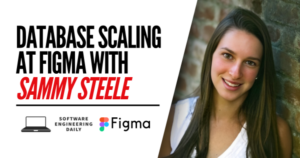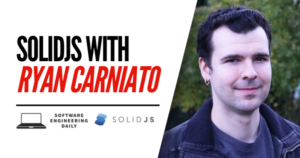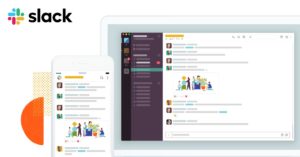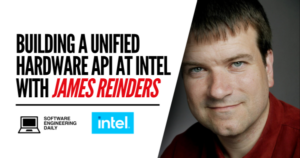ReadMe with Greg Koberger
Podcast: Play in new window | Download
Subscribe: RSS


A software company needs to get many things right in order to be successful. Having a useful product with solid engineering is only the beginning.
ReadMe was started five years ago. The company solved a seemingly simple problem: documentation for software products. If you have worked as a software engineer, you have looked at documentation. You know that there is a wide range of quality among the documentation that exists for different software products.
ReadMe solved the problem of documentation-as-a-service, and it solved the problem better than any other company in the market. But after building a great business around documentation, the direction in which to take the business was unclear.
How do you expand a documentation software business? Should you start building API management systems? Should you build lead generation tools? Should you try to sell products to developer evangelists?
Greg Koberger is the CEO of ReadMe, and he joins the show to talk about the business, the strategy, and the fundraising process for ReadMe. Greg was previously on the show very early on, and he stood out as a guest that was remarkably friendly and willing to talk about a wide range of topics. In the previous show with Greg, he was one year into his business. Today, it has been five years since ReadMe was started, and we catch up on how his business has evolved since our first interview.
ReadMe had become a profitable business very early in its life. In Silicon Valley, a quickly profitable business is the exception. Rather than structuring the finances of ReadMe with the expectation of successive funding rounds every 18-24 months, Greg took a slower approach. His company grew at a rate that was affordable while maintaining that profitability.
While ReadMe maintained profitability from its core product of documentation software, Greg patiently thought about what product to build next within the company. A software company will typically expand into adjacent markets, or offer products that their current users are willing to pay additional money for.
Eventually, ReadMe found its second product: developer metrics. Greg and his team figured out that gathering metrics around how APIs are being consumed has synergies with the core ReadMe product. With a second product, ReadMe was now able to forecast significant growth. The company also gained an incentive to raise money.
With additional money, ReadMe would be able to deepen the developer metrics product, hire a bigger team, and think much bigger than they would have been able to as a single-product company with a smaller total addressable market. ReadMe raised a series A from Accel, one of the most respected venture capital firms in the business, and the company is now entering a new period in its development.
ReadMe is a fascinating case study in balancing ambition with financial discipline at a software company.
Sponsorship inquiries: sponsor@softwareengineeringdaily.com
Show Notes
- End Of Web Dev As We Know It (It’s the history of webdev as a song. There’s also a video!)
- 410 Gone Away (A country love song using API status codes)
- Other music
Check out our active companies and projects:
- FindCollabs is a place to find collaborators and build projects. Find a project to work on
- Podsheets is an open source podcast hosting platform built with the learnings from Software Engineering Daily. Our goal is to be the best place to host and monetize your podcast. If you have been thinking about starting a podcast, check out podsheets.com.
- The SEDaily app for iOS and Android includes all 1000 of our old episodes, as well as related links, greatest hits, and topics. Subscribe for ad-free episodes.
Transcript
Transcript provided by We Edit Podcasts. Software Engineering Daily listeners can go to weeditpodcasts.com/sed to get 20% off the first two months of audio editing and transcription services. Thanks to We Edit Podcasts for partnering with SE Daily. Please click here to view this show’s transcript.



















